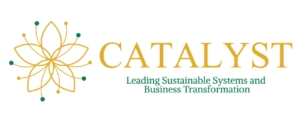Intellectual Capital as a Driver for Sustainability
The Importance of Intellectual Capital Management in a Globalised World
The increasing globalization challenges companies with the need to be more competitive and sustainable. It is no longer enough to produce and reduce costs and people. The new premises are now based on intellectual capital management to achieve competitive productivity and respond to a society that increasingly demands competitive products and services. while respecting the Sustainable Development Goals.
But what is our understanding of intellectual capital? Intellectual capital is understood as an intangible asset, resulting from the sum of the knowledge of everyone in an organization, consisting of the wealth of people, their level of qualification, their experience, their information, and their predisposition to evolve in acquiring knowledge - in other words, individual talents.
Therefore, intellectual capital management must verify if each individual is applying their knowledge to benefit the organization. If no factors propitiate the application of knowledge, each individual's knowledge is worthless.
The Concept of Green Intellectual Capital
Green intellectual capital assumes that social and environmental criteria are at the basis of the management processes of the intellectual capital of organizations; that is, to make human capital, structural capital, and relational capital greener, orienting the production of goods and services towards greener methods, and, at the same time, using more social people management practices, capable of putting the well-being of individuals or the contributions to social development on the same level as profits.
In the case of Small and Medium-Sized Enterprises (SMEs), which constitute 99% of European companies, the problem of managing intellectual capital is more complex, since they usually have great difficulty in managing their intangible resources, which, combined with the scarcity of other resources, compromises their survival, competitiveness, and sustainability. However, their importance in the global economy leads us to consider that it is essential to provide them with dynamism and innovative capacity to make them more competitive and sustainable. As innovation reveals intellectual capital, it is evident that the investment in individual talents and qualifications can originate a culture of green innovation.
The Role of the European Project CATALYST
The European Project CATALYST - European VET Excellence Center for Leading Sustainable Systems and Business Transformation will support research and qualification programs for companies and other organizations that enable the development of skills in the most critical areas to achieve sustainable development.




